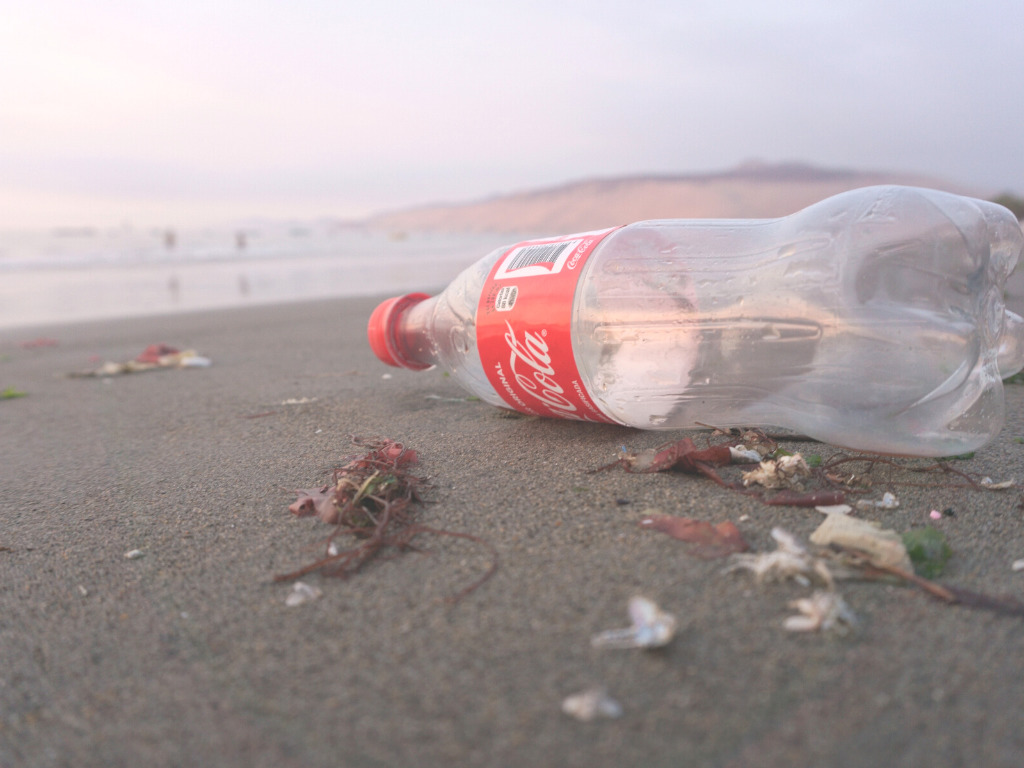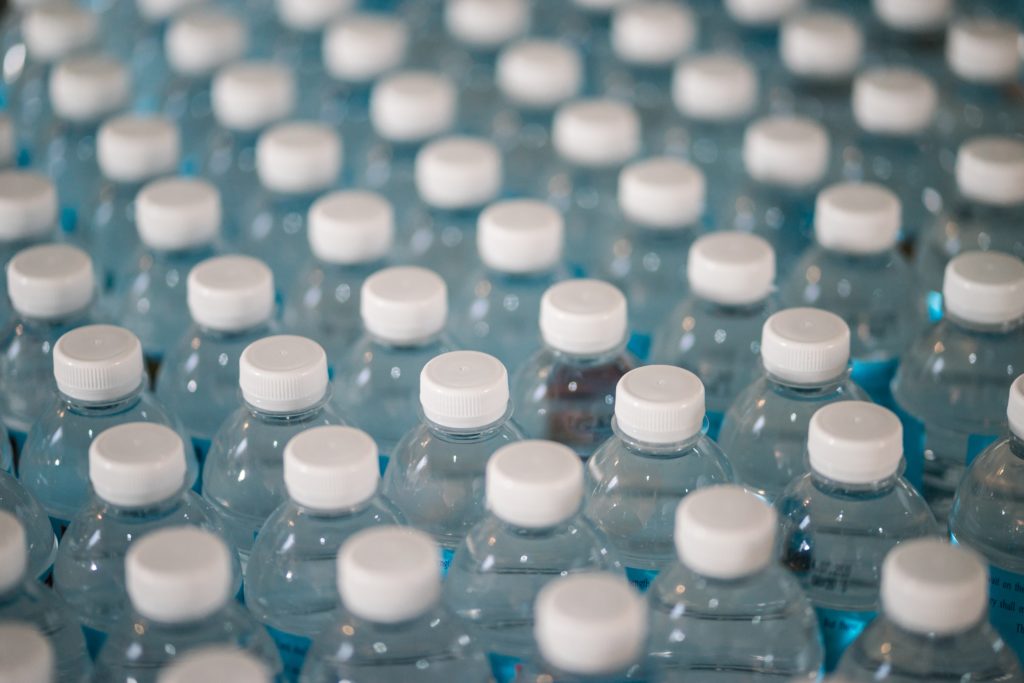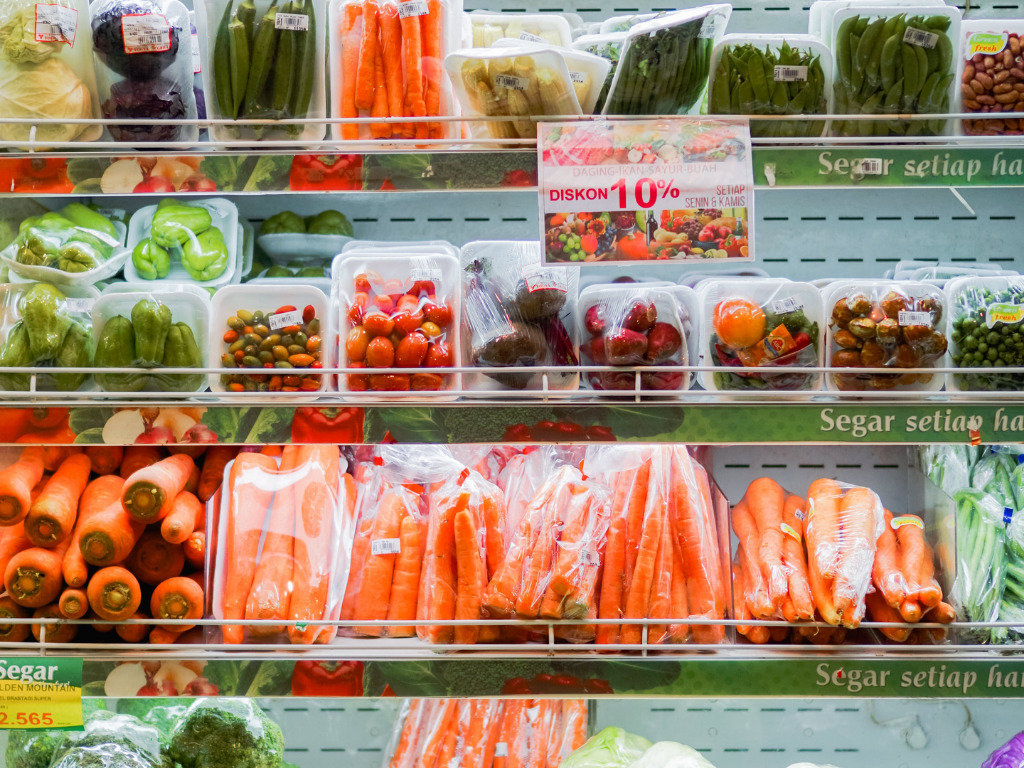3 Mins Read
New findings from a Deutsche Welle investigation show that despite a growing number of plastic commitments made by European companies, many are failing to deliver.
Two dozen European-based companies have made nearly 100 plastic commitments in the last 20 years. But 68 percent of 37 of those commitments have not been delivered or even reported on following their initial announcements, Deutsche Welle (DW) reports.
“When companies fail to meet their pledges, they usually don’t mention this openly,” the German media outlet reports. “Instead, they silently drop the goal or shift its scope or target year.”
DW says it contacted companies to get clarification when progress reports weren’t posted. But many of those were left unclear, it says.
The findings
“These figures are in line with studies for other industries: In 2021, the European Union investigated green claims on company websites from sectors such as garments, cosmetics, and household equipment and found that 42 percent of claims were likely exaggerated, false or misleading,” DW reports. Nineteen of the 98 pledges reviewed by DW were aimed at actual plastic packaging reduction including reduced use of virgin plastic. In those cases, the target dates are still years away.
DW says it looked at companies including Unilever, Nestlé, and Danone and found some of the targets reported as being met were “more marketing ploys than long-term improvements.”
It cites a 2017 Anheuser-Busch InBev’s pledge to “protect 100 islands from marine plastics pollution by 2020.” But DW says there was no long-term action to protect the islands. It did instead 214 beach cleanups in 13 countries, saying it met its target a year ahead of schedule.

“A lot of companies use beach cleanups to promote themselves,” Larissa Copello, a policy campaigner with the environmental NGO Zero Waste Europe, based in Brussels, told DW. “But they are the ones that are putting all this waste at the beaches in the first place.”
Recycling efforts also fell to the wayside even for 16 out of 24 companies that pledged to increase the percentage of recyclable plastic content. And even despite the commitments, DW says demand for recycled plastics remains low and prices high, which makes it more economical for companies to continue to use virgin plastic.
“If there is no infrastructure to collect these products separately, then they can’t be recycled,” Copello said. It’s a similar situation for items labeled as compostable or biodegradable as many of these need specific environments to foster accelerated decay. “At least here in Belgium, we don’t have a separate collection for compostable or biodegradable items,” Copello said. “They just end up in the mixed-waste bin.”
Progress on plastic
There is progress being made; the E.U. recently passed plastic legislation that bans distribution of single-use bags, cutlery, and straws as well as directives that require 25 percent post-consumer recycled plastic in PET bottles by 2025 and moving to 30 percent in all bottles by 2030.

Manufacturers are making some progress, too, says DW. It cites Italy’s Ferrero, which has increased its use of recycled PET. Coca-Cola’s Switzerland-based bottling company launched a 100 percent recycled PET water bottle in 2019.
Recent research says the planet has already made too much plastic. Scientists recently discovered a plastic garbage patch forming in the Arctic for the first time. And according to the Organization for Economic Cooperation and Development, nearly 80 million tons of plastic waste were released into the environment in 2019 through open-pit burning, dumping, and leaks— amounting to more than one-fifth of the world’s plastic waste for the year.




